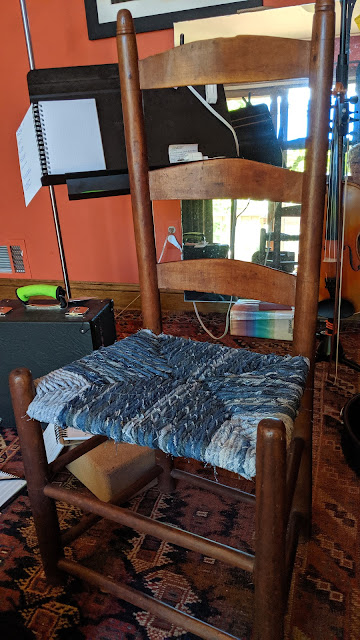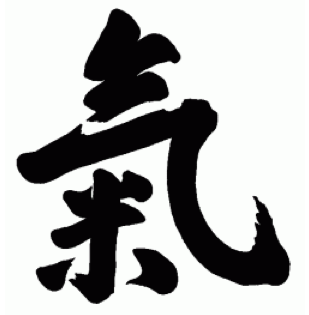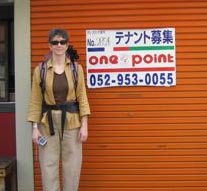Kokikai Aikido Winter Camp 2012
This past weekend's Kokikai Aikido Winter Camp with Shuji Maruyama Sensei was an incredible experience. I've been practicing Kokikai Aikido since 1994, and even then Sensei's senior students said that he had been incredible since they had begun practicing! And now it's even more true. How can such a small man throw such big, strong people, people who he has trained to become even stronger? He actually trains them in specific ways to resist him! And then he throws them anyway.
Sensei's dedication to keep challenging himself is inspiring to me. It's so easy to rest on our laurels. As an instructor, most of the time when I am practicing aikido it's with students whose bodies and style of movement I know, who I have confidence that I can throw. Plus, they're all my students and they're used to looking to me as the expert. Yet I have students who can challenge me if I ask them to. I have students who have street fighting skills, who have big, strong bodies, who can move quickly. I don't think it will make my students respect me less if I ask someone to resist me and occasionally I can't move them, especially if the end result is that I become stronger and eventually I can throw them.
Asking students to resist is not the only way to challenge myself or to help my students challenge themselves. The most important thing is to practice correctly at all times. We tend to think a lot about resistance in our practice, especially after seeing Sensei throw a lot of large people. But he also emphasizes that practice is not all about resistance. "Help each other," is something he says all the time. "Help each other" is a reminder that when we are on the mat we are practicing. Just like when I practice the piano, I am not in a concert. (On the other hand, when Sensei is demonstrating in front of 200+ students at camp, it's a symphony!) I can stop. I can work on a particular passage, I can go slow or fast. But the most important thing during practice is to be very honest with myself: is this correct? Is this the best possible feeling?
Sensei continually amazes me with his ability to inspire his students to keep growing. During this weekend's camp, working with Sensei's students of all levels, I experienced a sense of cooperation and enthusiasm to "help each other." I learned from every interaction.
Sensei's dedication to keep challenging himself is inspiring to me. It's so easy to rest on our laurels. As an instructor, most of the time when I am practicing aikido it's with students whose bodies and style of movement I know, who I have confidence that I can throw. Plus, they're all my students and they're used to looking to me as the expert. Yet I have students who can challenge me if I ask them to. I have students who have street fighting skills, who have big, strong bodies, who can move quickly. I don't think it will make my students respect me less if I ask someone to resist me and occasionally I can't move them, especially if the end result is that I become stronger and eventually I can throw them.
Asking students to resist is not the only way to challenge myself or to help my students challenge themselves. The most important thing is to practice correctly at all times. We tend to think a lot about resistance in our practice, especially after seeing Sensei throw a lot of large people. But he also emphasizes that practice is not all about resistance. "Help each other," is something he says all the time. "Help each other" is a reminder that when we are on the mat we are practicing. Just like when I practice the piano, I am not in a concert. (On the other hand, when Sensei is demonstrating in front of 200+ students at camp, it's a symphony!) I can stop. I can work on a particular passage, I can go slow or fast. But the most important thing during practice is to be very honest with myself: is this correct? Is this the best possible feeling?
Sensei continually amazes me with his ability to inspire his students to keep growing. During this weekend's camp, working with Sensei's students of all levels, I experienced a sense of cooperation and enthusiasm to "help each other." I learned from every interaction.




Comments
Post a Comment